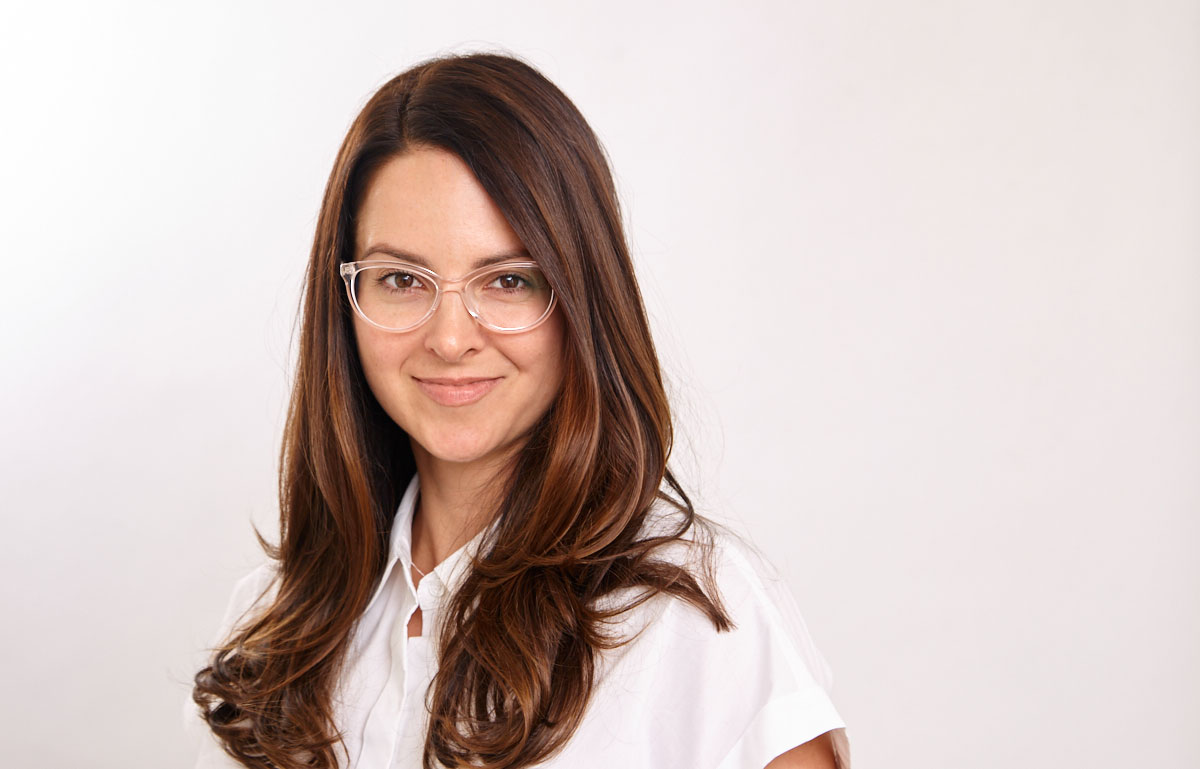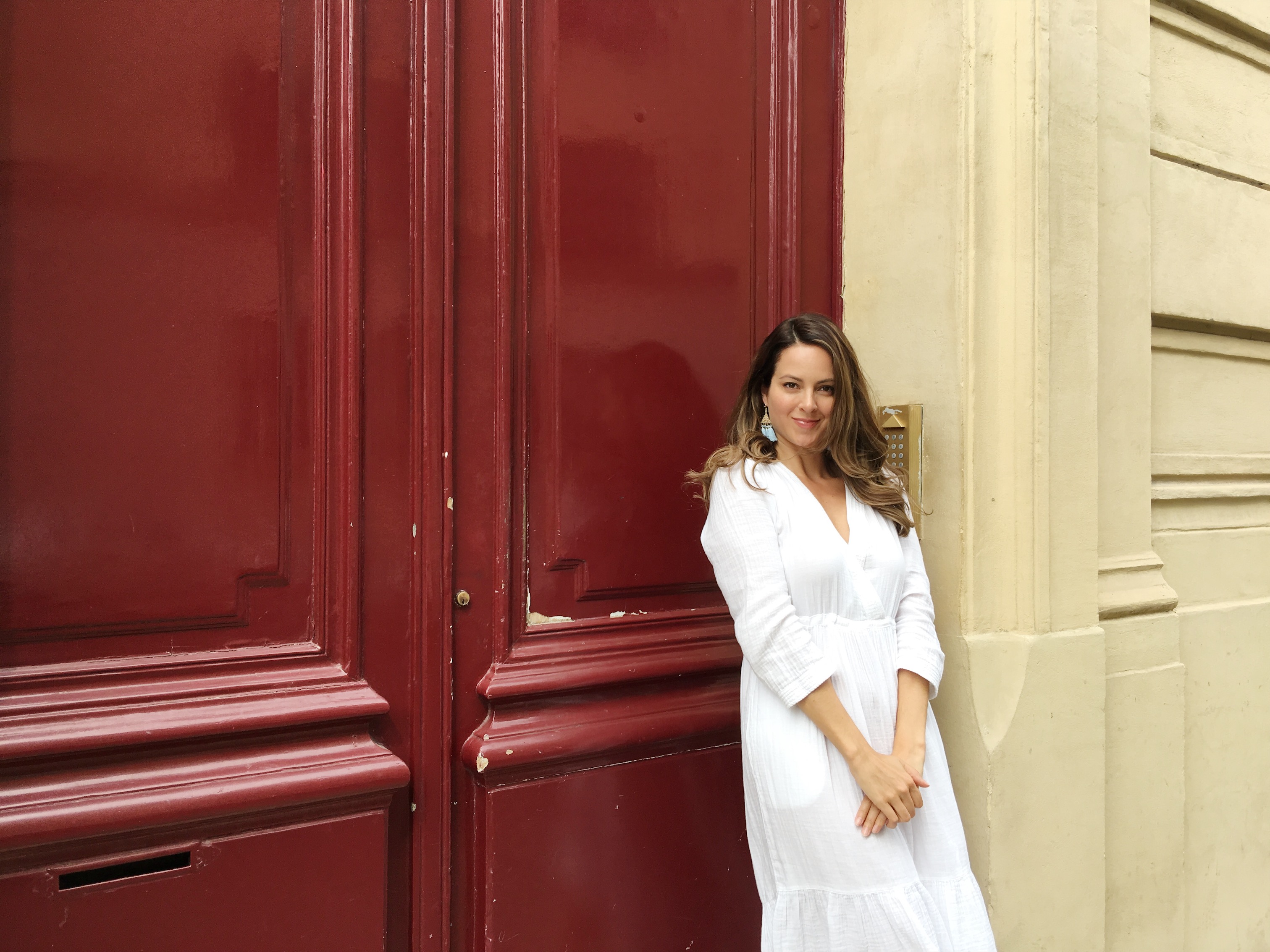It’s Sunday and traffic is sparse—a rare day in LA. I like Sundays, I don’t feel stressed to get anywhere, and they give me more space to think about life while I listen to a little folk music in my car. In this moment, I’m headed to Trader Joe’s, and all I can think about is how long it’s taken for me to love myself.
I’m just now, at 39, learning to embrace the geeky girl who loves to read, debate the social implications of our changing world, and eat… oh, how I love to eat. Judging from the women here, I’d say I’m the only one, but hey, I don’t care, because I know the secret to happiness. Or at least the secret to living a happier life.
I’m a small-town girl who grew up taking care of horses, painting and reading. I miss the trees and the animals sometimes—LA has its charms but it does not have much land, nor does it give its children heavy forests to explore, like Seattle.
I haven’t decided why I am in LA. It’s a place where a lot of people are desperately trying to be someone other than who they are. And somehow in watching all of this, I find that the confrontation I occasionally have with my younger self who still wants to fit in lessens and I move more toward my truth. It’s a relief getting older in that way. You lose your pretenses and are too tired to keep up any façade.
Conversely, as I write this I can think of many present and past thinkers who thrive in LA, showing us how it’s done through their work. LA is a city that carries a hot thread of creativity and if one can look toward the greats and ignore the riffraff—tapping into the juice is essential for any creative. This is the gift of Los Angeles—a gift many women miss when they occupy their minds with unattainable attractiveness goals. We are hard on ourselves and each other and must learn to soften our sting.
I have always been a little different, it’s true. From a very young age I questioned everything and was not very susceptible to any type of marketing. I realized after some time that most people want to believe in something, which had me feeling quite alone. I’d watch a commercial or a show or hear some religious rant by a conservative minister and immediately disagree. I wasn’t entirely immune, unfortunately. While TV didn’t affect me much, school did. Kids didn’t like me, really—I was different. I didn’t dress in the latest fashions. I wasn’t groomed well because my mom was a single mother and had little interest in such frivolity. I also knew things, like the error of how I was treated, the errors of my teachers, and the errors of my town’s belief systems. Yet every time I spoke up, I became less popular, so I stayed quiet and began to write and draw.
Even an outcast like me wants to fit in, though. We all want to feel a part of the group. Later, I began to pretend so others would approve, and consequently my own depression began to grow worse. For a long time, I convinced myself that I wasn’t that likeable because the people I grew up with didn’t like me, which isn’t true. I just didn’t grow up with MY people. And I’ve learned that MY people are the kindred eccentric spirits I stumble across along the way.
As I travel and move around the world I find every place has a dualistic nature, offering both a positive and negative experience—never a utopia. I find all populations of people want to believe what they are told to some extent by their culture, and the friends I make are the ones who live outside those programs. And that’s okay. It’s good to know who your people are.
We spend a great deal of our lives seeking love outside of ourselves—from parents, peers, and partners—disfiguring ourselves in countless ways to get it. At some point we must learn that in order to get the love we seek from others, we must seek to love ourselves first. We must show our scales and gruesome weirdness, let that sit, and see who still loves us despite it all.
Perhaps what I am saying sounds obvious, and it is in some sense. Though loving myself hasn’t been obvious, it’s been challenging. When we begin to admire ourselves for the rawness that we are, we go through a shedding of what we are not. It’s as if we finally are able to breathe out a lie or a sickness of preconceived ideas. And when that happens, we experience deep discomfort. Loving yourself isn’t easy, especially in a world that profits off of our insecurities.
When you walk through the dark road of recovering your truth, you may meet very few people on the other side, but you will meet your true self. You will no longer be able to pretend. It’s done. The life and people you knew before will feel like they were meant for that person you used to be, not the one you are now. And your self-love will be a beacon. Your love will attract your kind. Trust in that.


